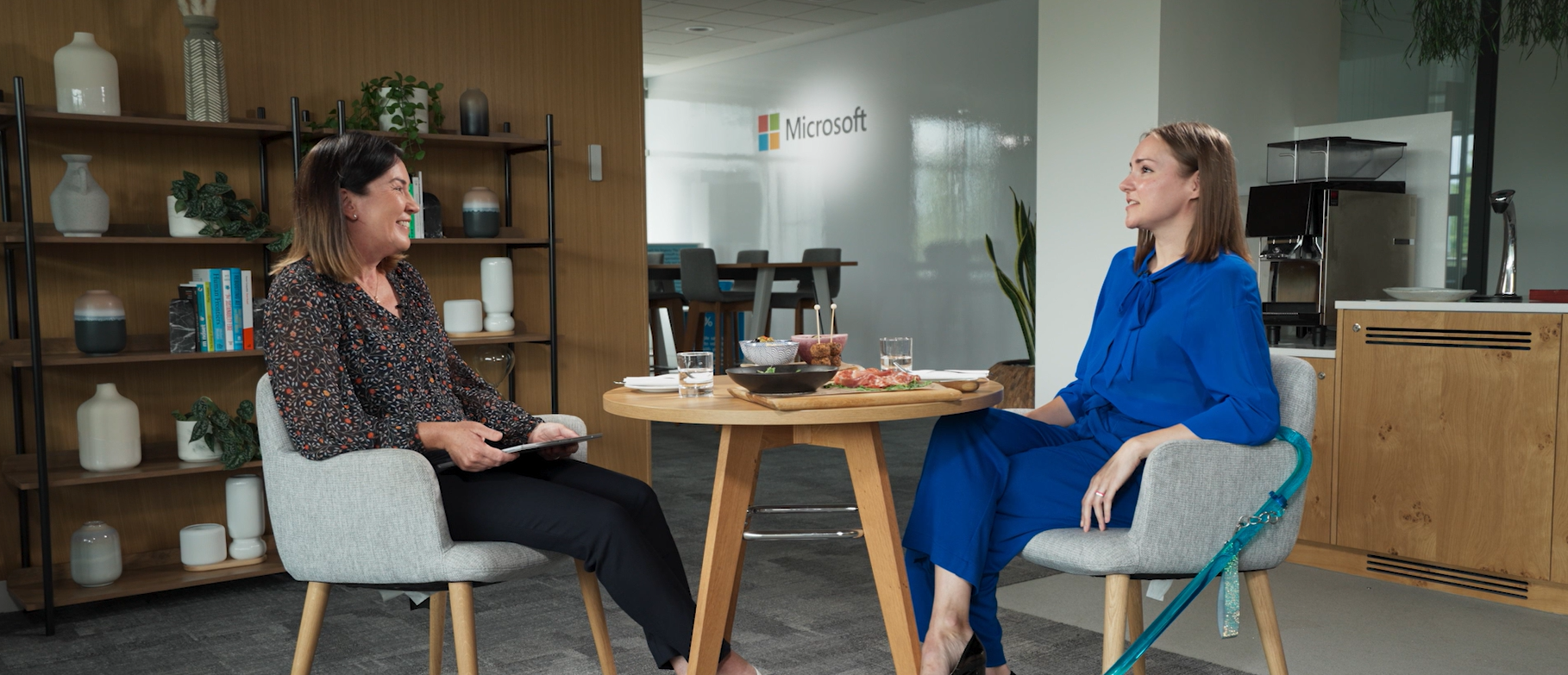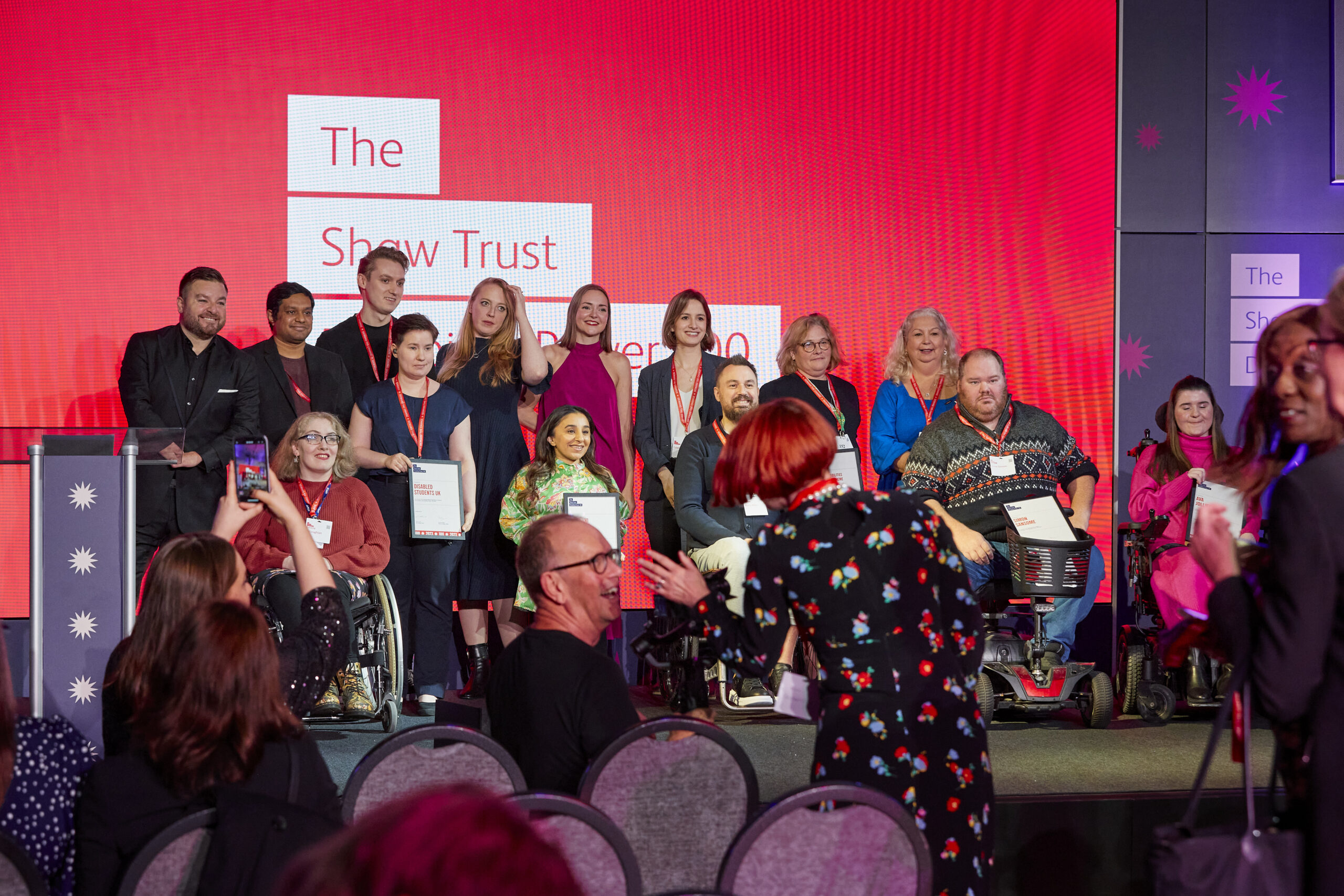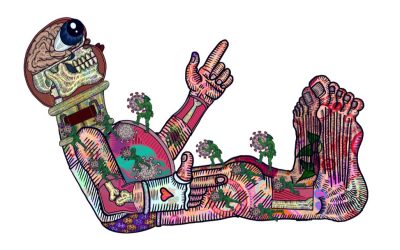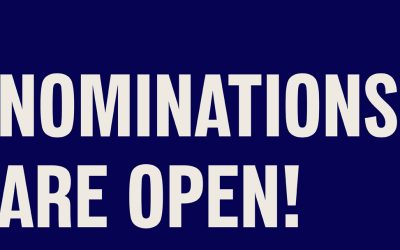Food for Thought is a series of informative disability advocacy videos. In this video, Victoria Jenkins met Orla McGrath for a spot of lunch.
Before the meal
Victoria Jenkins is a garment technologist with 14 years’ experience in the fashion industry who became disabled in her 20s. She founded Unhidden after a chance encounter with a woman with cancer that changed the course of her life. She says “Microsoft’s approach to accessibility and ensuring they provide accessible features as standard – so no one has to buy expensive add-ons is great, I’d like to find out more about what they are doing in this space.”
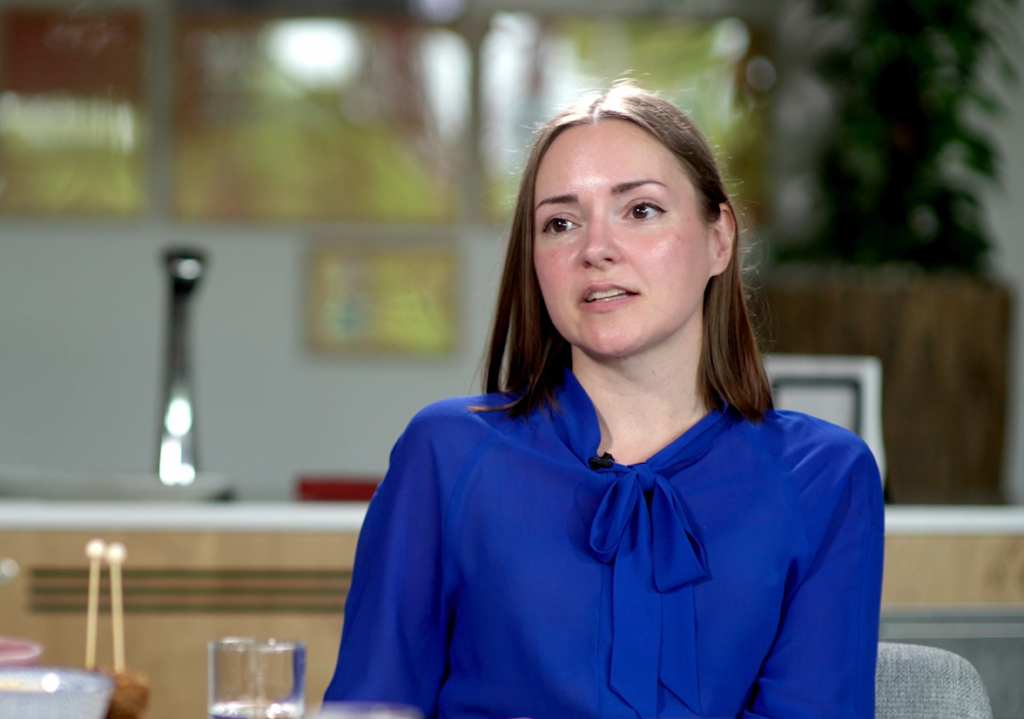
Orla McGrath is a Global Partner Solutions Lead at Microsoft. She said “I’m interested to find out more about how Microsoft – as a big employer and through our partners and supply chain – can support disabled people through technology. In my day-to-day role I work with technology innovators, and I’m interested to hear Victoria’s experience of being a disabled entrepreneur.”
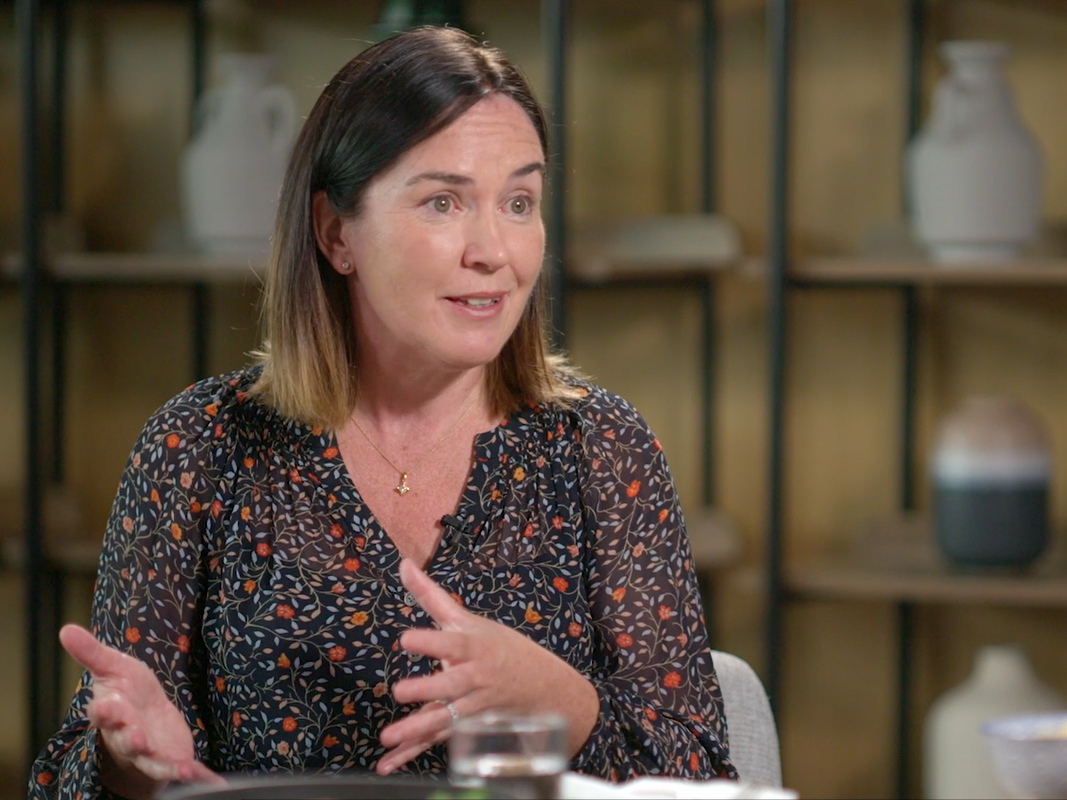
For starters
Orla
Victoria, I’m interested to know more about how and why you started your own business, could you tell us more about your early career?
Victoria
I graduated in 2008 into a recession, and interned with a really creative designer, and like most new graduates I was keen to impress and worked seven days a week. After a while I moved into pattern cutting and then garment technology, which is like being a clothing engineer, looking at how clothes fit, their finish, measurements and working out how to take a designed item into mass production. I worked for some well-known brands. But even during those first few years of my career I wasn’t well, but it kept being put down to being in fashion, stress, being a girl!
Then just as I was establishing myself in my career an undiagnosed ulcer burst and required lifesaving surgery. And it was during a hospital stay that Unhidden was conceived.
Orla
You must have faced some real challenges dealing with everything that was happening to you as you were establishing your career, and not having your condition diagnosed.
Victoria
It was difficult, I would pretend my health issues weren’t happening, I’d take holiday to cover medical appointments and I spent a lot of time and effort not letting the team down, but I ended up burning-out every year. And obviously, when you are working for companies that don’t particularly encourage you to take time off it can be really difficult. You can end up making yourself a lot worse.
The main meal
Orla
So tell me more about how Unhidden came about? It’s an accessible clothing brand, is that right?
Victoria
Unhidden started when I was in hospital, the woman next to me had drips and tubes connected and whenever she was examined by the doctors, she ended up having to take her clothes off, so initially my plan for Unhidden was linked to accessible hospital gowns. But when we spoke she said her treatment meant she could no longer wear smart or tailored outfits, and would wear sweats, even when she went out and wanted to feel special. This made it difficult to dress for work, and we all know how important it is, particularly if you’re going for an interview or an important event, to feel confident and good in what you are wearing.
It seemed so obvious a need that I assumed there were companies out there making accessible clothing, but when I did my research there were very few, and the majority of the clothing was designed from the carer not the wearer’s point of view, so it was easy to get someone dressed, or it used wipe down fabrics – it wasn’t designed to make the wearer feel special, or even normal.
Orla
So often that is when the magic happens, when you realise you can bridge a gap that others might not even realise is there. Working with our partners we know there is a demand for inclusive environments and one of our fantastic partners has built British Sign Language into their products through our Microsoft Azure system, making BSL available across websites. There is so much innovation coming from our partner ecosystem.
Victoria
That is fantastic, because making a website more accessible opens the website up to customers as well as employees, if I was a BSL user and applying for a job I would be much more confident if a site had that available.
Orla
And we want all our partners to follow our inclusive approach. My role here at Microsoft is to work with our partners, we’ve got 35,000 partner organisations in the UK and 400,000 worldwide, and it is key to us they share our values and promote inclusivity, we have a partner pledge they sign which aligns our shared core values such as gender equality, sustainability, disability confident. And we use our role as a Disability Confident Leader to support our ecosystem of partners to become disability confident themselves.
We also mandate all our 220,000 Microsoft employees to do disability training to raise their awareness about disability including mental health, sensory, neurodiversity and how our work with technology can support disabled people.
Victoria
It’s great to hear Microsoft are doing that, especially around training, one of the first things to do before you can welcome more people with disabilities is check if your environment is safe both physically and digitally. And how you support your partners, we work with suppliers based in Bulgaria that are female led. Now through working with us they are also looking to train and employ disabled and chronically sick people.
Just desserts
Orla
Looking back do you think your experiences have influenced the way you behave as an employer? We all like to think we are creating better and more inclusive work environments but what is the one thing an employer could have done to have made your life easier?
Victoria
Flexible working and being able to work from home was the one thing I constantly asked for and was repeatedly denied. It’s a positive to come out of lockdown and the pandemic, everyone had to learn how to work remotely.
There were days when I would commute and get to work feeling exhausted. I think this was particularly a problem when I first became ill as I didn’t feel confident to ask for seat or have a priority badge. We’re all programmed to soldier on, but sometimes we need support.
When I started employing people at Unhidden I remembered all this and all the team have impairments and we work around our needs. If I don’t feel well, I take time and let the team know that my job that day is to rest and get better. It’s a kinder way of working, we build in extra time and longer deadlines, but we achieve what needs to be done and look after ourselves.
There are so many benefits to employing disabled people, we approach things differently, it’s more creative and is like having an extra checkpoint.
Orla
Exactly, there is a diversity of thought and experience that we channel into our product design when we bring diverse teams together which creates a virtuous circle. We design better and more accessible products, this makes us more inclusive as both employers and product designers.
Takeaways
Orla
It’s been great talking to Victoria and hearing her personal experiences. As an employer there is so much we can all do, but it starts with listening, talking and not being afraid to hear things you might not enjoy hearing. However, from understanding need and seeing gaps new products can be developed that benefit not just disabled people but anyone with an access need.
Victoria
One in five people in the UK has a disability which means in every work environment there are already people with disabilities. Employers just need to be understanding and learn from their experiences, incremental improvements are a great first step, along with being honest about what improvements could be made.

